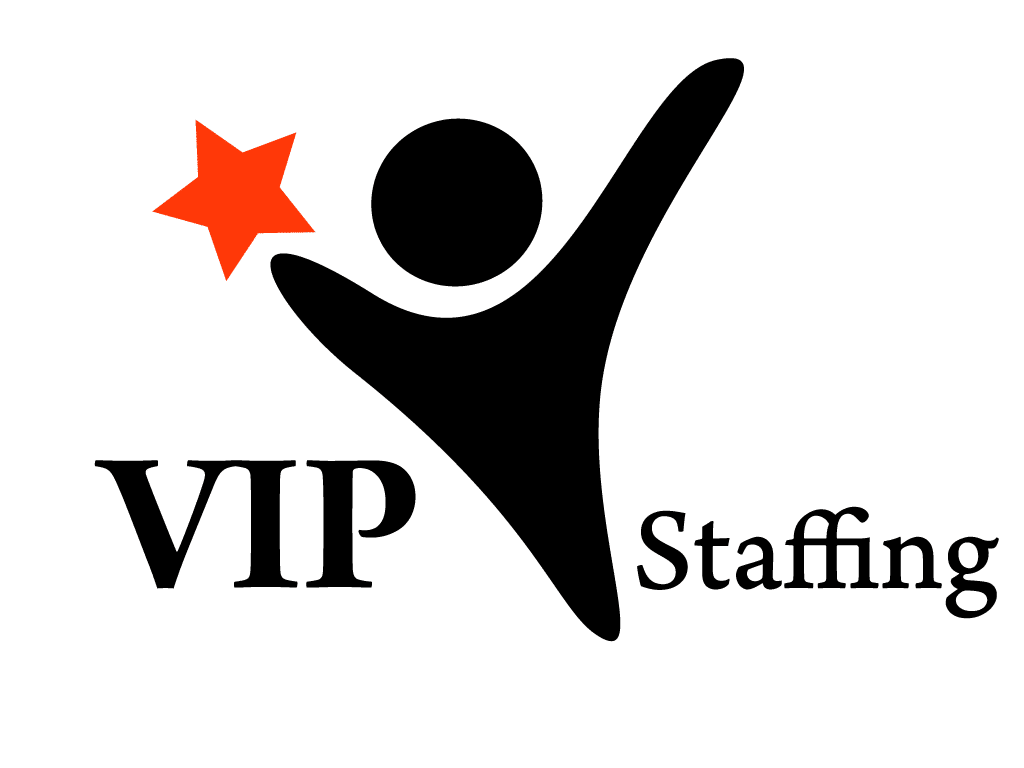Documented training for your event staff is a key component to success. For months you have been diligently planning your big event. You’ve carefully documented everything on a timeline, defined your budget, developed your marketing strategy, selected your venue and Event Staffing Agency. The big day is weeks away, and your feeling accomplished.
But, did you forget something? Suppose you have not taken some time to define and document training for your event staff. In that case, you could risk the event running smoothly and achieving a quality experience for your participants.
Training for your event staff can take different forms, from practical experience, a pre-event training session, or documentation either .pdf or available via a website are great ways to communicate the specifics of your event.

Training Event Staff Outline
| Arrival & Departure | Event Staff should have full knowledge of the times they should arrive or leave. The staff should arrive 30 minutes before they are required. This enables last-minute instructions or replacement of staff who fail to appear without delaying the event. |
| Communication | Event Staff should be provided the contact information of the Event Director or other event staff before and during an event. Event staff needs to know who to contact if they have a problem. This may also include training on the use of two-way radios. |
| Emergencies | Event Staff should be instructed on what to do in a range of emergencies. Suppose there is an occurrence they should be counciled on what you expect from them to help with the situation. In that case, this may include training in first-aid, knowing who the designated first responders are in your team, use of fire extinguishers, how to raise the alarm, and evacuation procedures. |
| Equipment | The use of equipment is often problematic, and should your Event Staff be required to use any equipment during an event. They should be trained in how to set up, operate, and use the equipment safely to avoid any injuries or damage to equipment. |
| Expenses | Establish ground rules for expenses ahead of an event and within your contract. Misunderstanding over out-of-pocket expenses often occurs regarding travel, parking, clothing, and meals. |
| Location | The exact meeting point, entry point for each team member should be documented. In larger events, you may have multiple groups meeting at varied locations. Providing a Map can be a great way to ensure your team in the right place at the right time. |
| Handling Money | The Handling of money is considered a risk. Money may be collected at a ticket office, entry barrier, food and/or merchandising stations. Risk includes failure to provide documentation to record cash collections, failure of staff to properly account for monies taken, theft by the public or by the team, incorrectly charging customers, and accidental loss of cash in transit. Staff must receive appropriate training and understand their responsibility includes handling money. |
| Health and Safety | All event staff’s legal obligation is to do all they can to ensure the venue and everything that happens within it is as safe as possible for all persons. With COVID-19 rules added to the responsibilities, it is imperative that complete and comprehensive training on expectations from the Event Staff is provided. |
| Service Expectations | Event Staff needs to understand the expectations and how you envision the event, the level of interaction with guests, the dress code, hygiene, handling complaints, ensuring people are assisted. |
| Staff Amenities | Looking after staff is an important aspect of Event Management. Staff should be informed about food and drink provided for them. The roster should allow for breaks or staff relief if the stay is lengthy. |
| Transport and Parking | In order to get the full complement of Event Staff, it is often necessary to provide transport from nearby train stations and bus stations or arrange for pickup where necessary training should include details of transport arrangements. |
